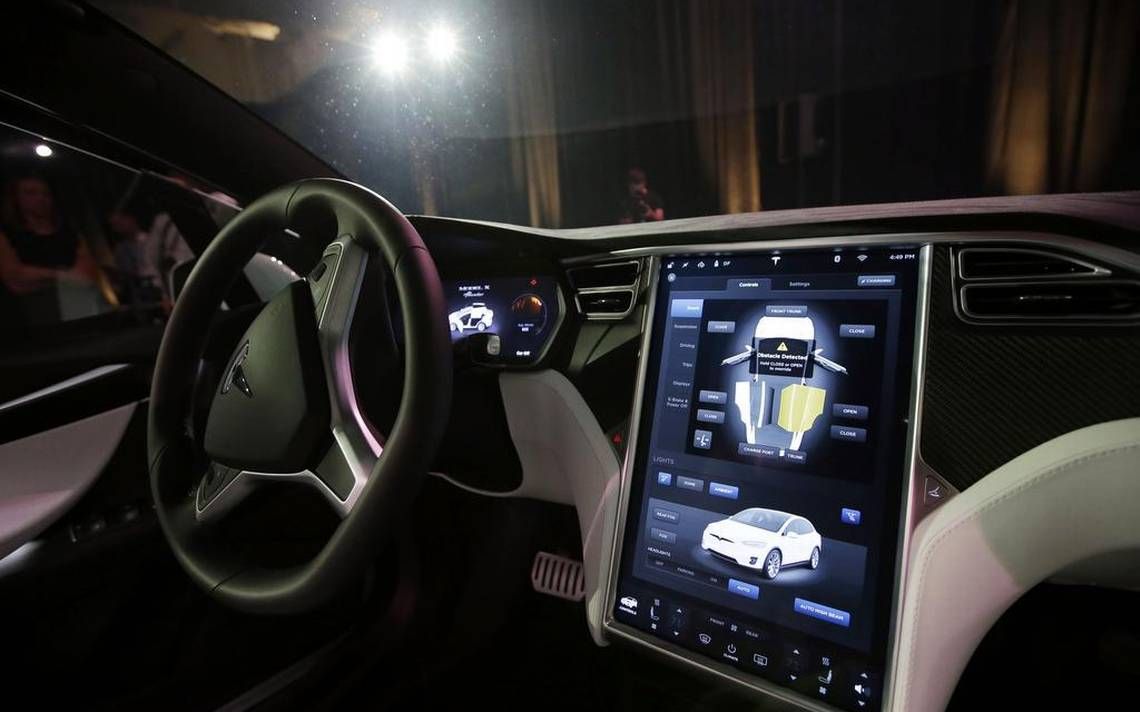
[ad_1]
At the start of the year, the Internal Revenue Service (IRS) published vehicle classifications on its website, in relation to the new-for-2023 $7,500 tax credit and vehicle MSRP thresholds. This is, of course, available on certain electric and hybrid vehicles.
The list was generally okay except for a few blunders, such as the Ford Escape and Cadillac Lyriq getting classified as non-SUVs. Of note, SUVs, trucks, and vans must have an MSRP of $80,000 or below to qualify for the tax credit. Other vehicle types have a lower $55,000 MSRP threshold.
That said, the misclassification didn’t affect the Escape PHEV, which starts below $40,000. The problem was with the Lyriq EV that starts above $60,000, which meant that it wasn’t qualified for the new tax credit. Cadillac wasn’t too happy about this and took the matter to the US treasury.
Fortunately, this has already been corrected by the IRS. The vehicle SRP classifications, which you can access through the source link below, have been revised as of this writing. It now shows the Escape and Lyriq having the 80 grand SUV price threshold.
These aren’t the only rectification employed on the list. The Tesla Model Y, which was classified as an SUV with seven-passenger seating but “other” in five-passenger trim, is now under SUV regardless of the trim.
Meanwhile, the VW ID.4, which was classified as both an SUV and “other” depending on its drivetrain, is also now under the SUV classification whichever trim level and drivetrain you’re getting.
As far as we’re concerned, the revamped vehicle classification on the IRS website is currently correct and as it should be.
However, it should be noted that some manufacturers have not submitted a list of specific models that are eligible despite entering into a written agreement with the IRS to become a “qualified manufacturer.” These brands include Honda, Hyundai, Jaguar, Kia, Mazda, Mercedes-Benz, Mitsubishi, Polestar, Porsche, Subaru, and Toyota.
[ad_2]
Source link





